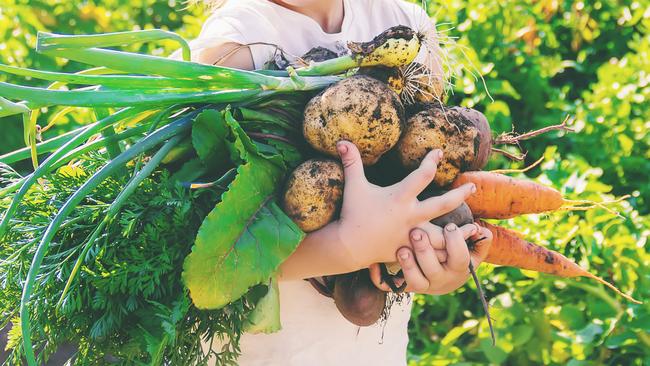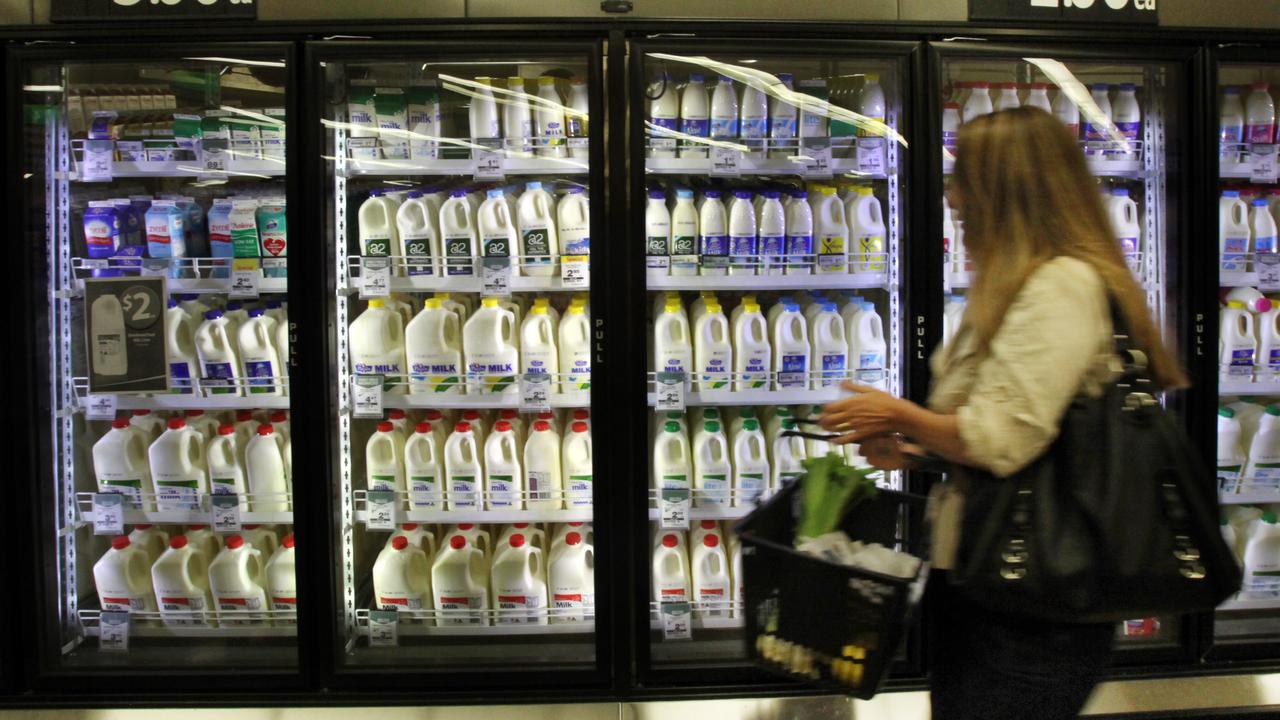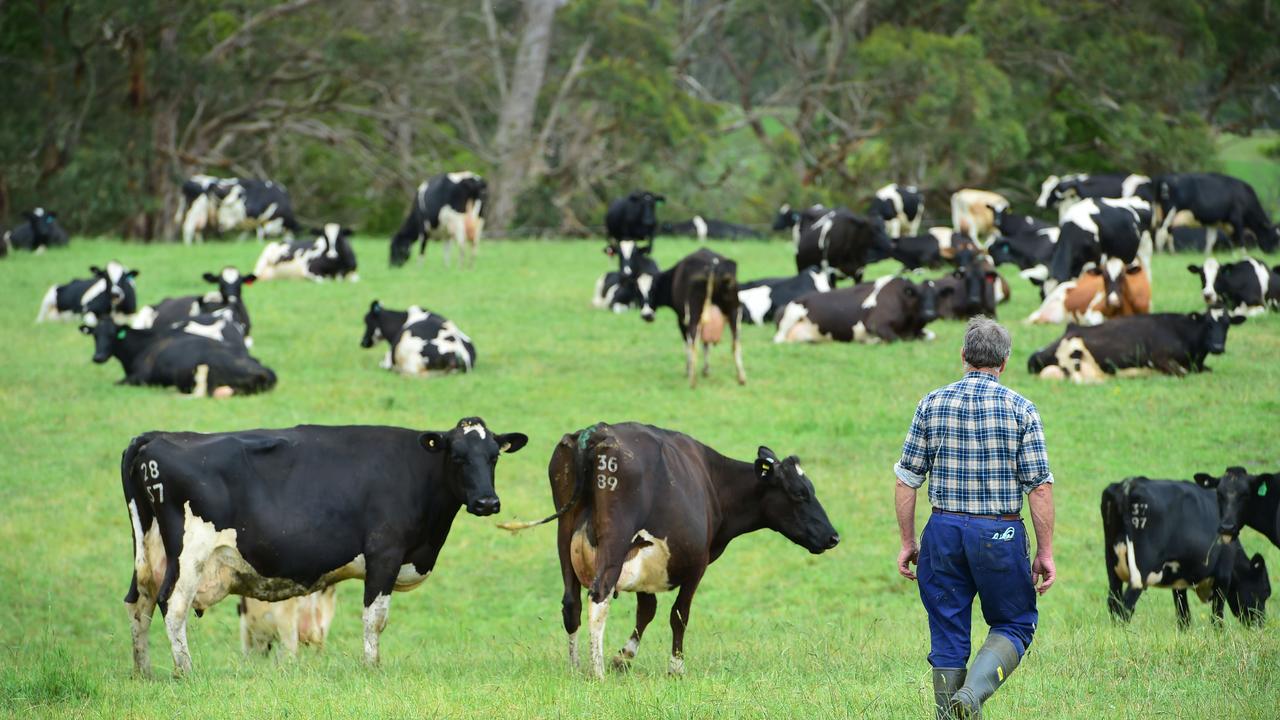Organic produce labelling: No enforceable certification a big concern
Did you know anyone can whack the word “organic” on a label without having to prove it has been grown or produced organically? And the issue was meant to be sorted out 30 years ago, writes Ed Gannon.

WELL, you learn something everyday.
For years I’ve been covering stories about organic farming and wandering supermarkets astounded by the growth – and price – of organic food.
And this week I discover that much of it could be a complete fraud.
It turns out that in Australia there is no enforceable certification for organic produce.
That means anyone can whack the word “organic” on a label without having to prove it has been grown or produced organically – without chemicals or artificial inputs.
I am staggered by this.
I thought this issue had been sorted out 30 years ago.
In fact, it was meant to be.
In 1992 a national standard, called the Australian Export Standard, was introduced. It was always meant to be enforced domestically, but that never happened.
“Due to unknown reasons, this never occurred and has never been addressed,” Australian Organics chief executive Niki Ford told The Weekly Times.
“There are businesses using the claim but not going through the process. These operators who have been certified for decades deserve the credibility.”
I couldn’t agree more.
It takes a lot more time, cost and effort to be truly organic.
It means you can’t use conventional chemicals, and labour costs are so much higher as you need to do everything, such as removing weeds, by hand.
It also costs money to jump through the hoops to prove you are chemical free, and takes plenty of years to achieve true certification.
So it follows that the price of organic food is higher than conventionally-produced food.
And that is the crux of the issue – unscrupulous operators will always move into markets where they think they can make a buck.
Those dishonestly claiming their produce is organic ought to be publicly named and shamed.
For them, it is just a cynical marketing exercise to take advantage of many consumers who believe modern farming methods are harmful.
For instance, those who are now convinced the weed control glyphosate causes cancer. Despite no evidence of glyphosate being harmful under correct use, an entire industry has developed to make claims against the big bad multinational producer of its most popular brand, Roundup.
Claiming food is something it isn’t is not new.
Free-range eggs is the classic, where the standards for what is really free-range are so rubbery that there are far more free-range eggs on the market than the number of real free-range hens could ever produce.
The term organic growth means something that develops over a long time.
In the case of organic food, the growth has been far more quicker. And unfortunately a lot of it may not be organic.
• Ed Gannon is editor of The Weekly Times
ed.gannon@news.com.au
MORE
AUSTRALIAN ORGANIC INDUSTRY PUSHES FOR MAJOR REFORM



